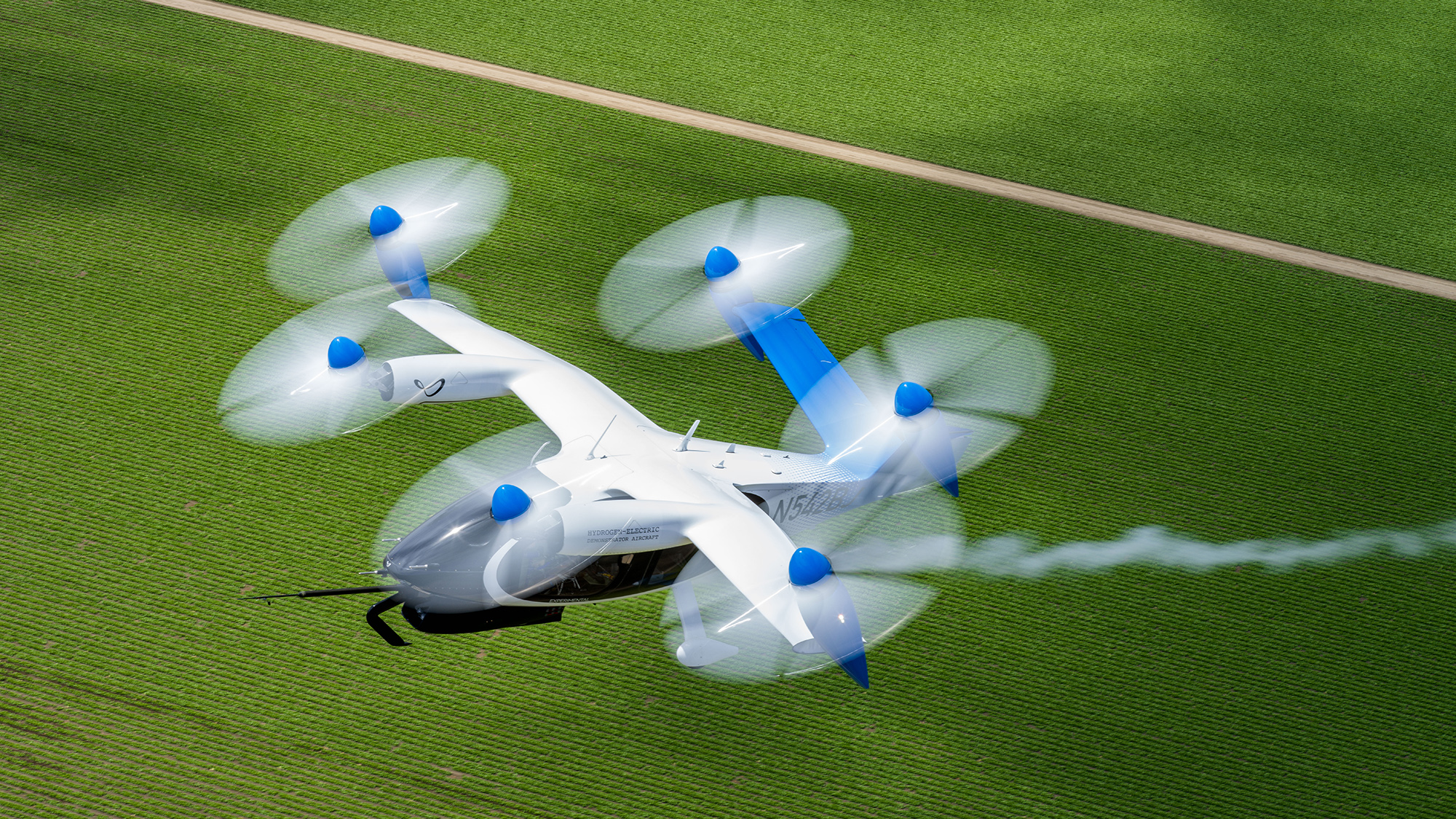- Vision Quest
- Posts
- This Week in Tech 28
This Week in Tech 28
The future of AI, Healthcare and Biotechnology
AI comes for healthcare and Microsoft wields the power of your voice while Neuralink enhances your brain
Read time: 4 min
Welcome to this edition of This Week in Tech! Dive into the latest innovations in AI, healthcare, and education. Discover Microsoft's VALL-E 2, an AI voice synthesizer that's so realistic it's raising ethical concerns. Explore Eureka Health's AI doctor transforming medical consultations. Learn about GenAI-powered textbooks revolutionizing higher education while Elon is at it again messing around in your noggin.
Finally, check out the hydrogen-powered air taxi and China's advanced robot factory, showcasing the future of sustainable transportation and industrial automation.
Artificial Intelligence
Microsoft's VALL-E 2 AI, which can mimic human voices with minimal data, has raised ethical concerns. The AI's advanced capabilities make it easy to create convincing deepfakes, potentially leading to misinformation and identity theft.
Critics argue that Microsoft's limited access policy for VALL-E 2 might not be sufficient to prevent misuse. The situation calls for stricter regulations and ethical guidelines to manage the deployment of such powerful AI technologies responsibly.
The world’s “first AI doctor” is now treating thyroid patients in the US, with board-certified physicians reviewing its recommendations. The first of many. Healthcare and Education will be disrupted shortly... The AI healthcare cometh...
— Peter H. Diamandis, MD (@PeterDiamandis)
6:55 PM • Jul 5, 2024
Eureka Health's AI doctor leverages advanced artificial intelligence to provide medical consultations, diagnose conditions, and recommend treatments. This innovation signifies a major shift in healthcare, offering accessible, efficient, and accurate medical advice, potentially reducing the burden on human doctors and improving patient outcomes.
It underscores the growing role of AI in healthcare, promising enhanced patient care and streamlined medical processes.
GenAI-powered textbooks are being introduced to over 1,000 universities, aiming to revolutionize education. These textbooks adapt to individual learning styles, provide instant feedback, and answer questions in real-time, enhancing student engagement and learning efficiency.
The technology promises to transform traditional education methods by making learning more personalized and interactive, thus improving overall educational outcomes and accessibility for students
Transportation
A hydrogen-powered air taxi has successfully flown 523 miles, emitting only water vapor, showcasing the potential for sustainable urban air mobility. This technology represents a significant advancement in reducing emissions and creating cleaner, greener air travel solutions, particularly in densely populated urban areas. The air taxi's achievement highlights the growing importance and feasibility of hydrogen fuel as a key player in future transportation systems
Biotechnology
Elon Musk revealed Neuralink's latest update, showcasing a user controlling a computer solely with their mind. The implant allows paralyzed individuals to navigate devices seamlessly, enhancing digital independence. The device can achieve high-precision tasks, like playing complex games, using only brain signals.
It has an impressive battery life and is designed for easy recharging. The team aims to expand capabilities, including robotic arm control and improved vision, promising future enhancements in brain-computer interfaces and potential superhuman abilities.
Improved version of @neuralink update
— Elon Musk (@elonmusk)
10:40 AM • Jul 11, 2024
Elon Musk announced Neuralink's next product back in March, Blindsight, which aims to restore vision, even for those born blind. Building on the success of the Telepathy device, which enables digital independence for paralyzed individuals, Blindsight utilizes advanced technology to read and write brain signals, targeting the visual cortex to provide vision capabilities.
This innovative approach parallels the significant advancements Neuralink has made with their Telepathy device, further showcasing the potential of brain-computer interfaces to enhance human capabilities.
Neuralink will soon launch a product that will restore Eyesight to Blind people.
"Blindsight is the next Neuralink product after Telepathy"
-Elon Musk
— SMX 🇺🇸 (@iam_smx)
6:49 PM • Jul 10, 2024
Robotics
China's advanced robot factory operates 24/7 without human intervention, using AI, IoT, machine learning, and computer vision to handle tasks like welding, assembly, and material handling. This shift highlights potential benefits such as increased efficiency, reduced labor costs, and consistent product quality.
However, it raises concerns about job displacement, necessitating reskilling programs for workers to adapt to new technological roles. This development exemplifies the future of industrial automation and its broad societal implications.
How did you like this week's edition? |



/pcq/media/media_files/zzZzjTpFOZfS2DEHhE01.png)